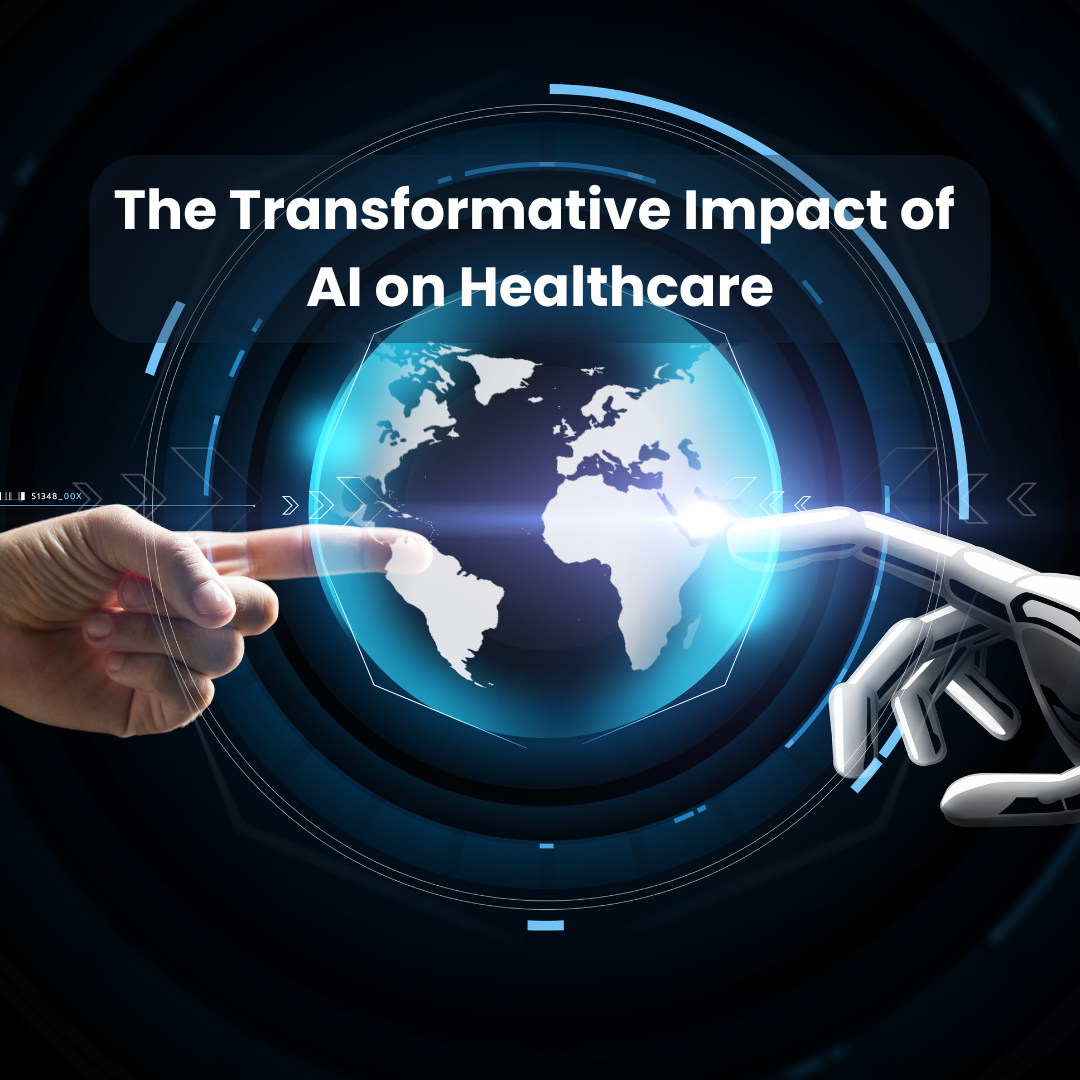The Transformative Impact of AI on Healthcare
The Transformative Impact of AI on Healthcare
Artificial Intelligence (AI) is revolutionizing industries worldwide, and the healthcare sector is no exception. From predictive analytics to personalized medicine, AI is reshaping how medical professionals diagnose, treat, and manage diseases. The integration of AI into healthcare systems promises to improve patient outcomes.
Predictive Analytics and Early Diagnosis
One of the most significant contributions of AI in healthcare is its ability to analyze vast amounts of data quickly and accurately. Predictive analytics, powered by machine learning algorithms, can identify patterns and trends that may not be evident to human analysts. This capability is particularly useful in early disease detection. For instance, AI systems can analyze medical imaging, such as X-rays and MRIs, to detect early signs of conditions like cancer. Early diagnosis can significantly increase the chances of successful treatment and survival, making AI an invaluable tool in preventive healthcare.

Personalized Medicine
AI is also paving the way for personalized medicine, which tailors treatment plans to individual patients based on their genetic makeup, lifestyle, and other factors. By analyzing data from various sources, including genomic sequences and electronic health records, AI can help doctors develop more effective treatment strategies. For example, AI algorithms can predict how a patient will respond to a particular medication, allowing healthcare providers to choose the most suitable treatment with minimal trial and error. This personalized approach not only improves patient outcomes but also reduces the risk of adverse drug reactions.
Drug Discovery and Development
AI is also accelerating the drug discovery and development process. Traditional methods of developing new medications are time-consuming and costly, often taking years and billions of dollars to bring a drug to market. AI algorithms can analyze vast datasets to identify potential drug candidates more efficiently. For example, AI can predict how different compounds will interact with biological targets, significantly reducing the time needed for initial screening. This expedited process can lead to faster development of new treatments for various diseases, including those that currently lack effective therapies.
Ethical and Regulatory Considerations
While the benefits of AI in healthcare are substantial, it is essential to address the ethical and regulatory challenges associated with its use. Ensuring patient privacy and data security is paramount, given the sensitive nature of health information. Additionally, there must be clear guidelines and standards for the deployment of AI technologies to ensure they are used responsibly and effectively. Collaboration between technology developers, healthcare providers, and regulatory bodies is crucial to navigate these challenges and maximize the potential of AI in healthcare.
Conclusion
The integration of AI into the healthcare sector is transformative, offering numerous benefits from improved diagnostics and personalized treatment to enhanced patient care. As AI technologies continue to evolve, they hold the promise of making healthcare more efficient, effective, and accessible. However, it is crucial to address the accompanying ethical and regulatory challenges to ensure that AI's potential is fully realized in a manner that prioritizes patient safety and privacy. The future of healthcare is bright, with AI at its forefront, driving innovation and improvement across the industry.
